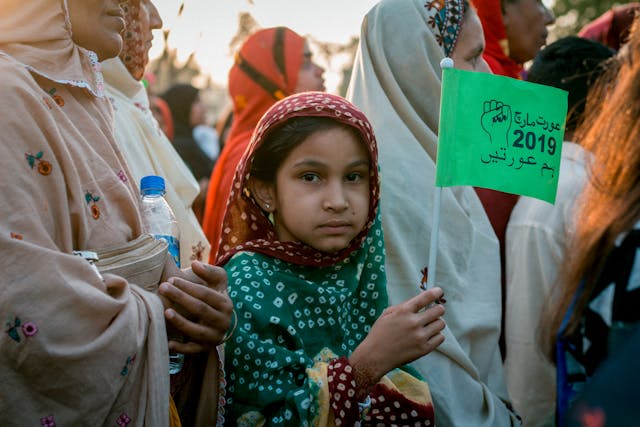Despite its turbulent political affairs and economic limitations, Pakistan has shown efficiency in tackling the rise of Covid-19 pandemic. The approach of the government towards the novel virus was arguably pro-poor. The question arises whether Pakistan will show a similar (or better) response in her vaccination process.
If the government openly recommends the private sector to buy and sell vaccines in Pakistan, as it has already started with a few companies, will this process lessen resurgence chances? Also, in addition to being effective, will the process be equitable? Does not the profit-oriented and elite-driven commercialization process go against the original stance of Pakistan’s government about assisting the poor community?
The privatization of vaccination can help the government realize nationwide immunization. However, the step poses grave risks and demands assertive regulation of the business community.
Covid-19 vaccination was initiated in Pakistan in the first week of February, with the arrival of half a million doses from a Chinese company. With this, the first phase of vaccination started to inoculate doctors and healthcare workers fighting on the frontlines. The second phase, which is currently in action, aims to vaccinate the population above 65 – which approximates to around 8 million people.
To carry out these phases, the National Command Operation Center (NCOC) has introduced an 8-step procedure to engage with citizens and facilitate immunization. Currently, only citizens above 65 years of age can register. Additional batches of vaccines, from Europe and Russia, are expected to arrive in Pakistan in the next couple of months.
The process of mass immunization is costly and time-consuming. This is especially true for Pakistan as it is economically feeble, and the government cannot swiftly vaccinate the entire population. This is where the debate for the commercialization of vaccination comes in. It is argued that the government will have to synergize with companies and hand over a major part of vaccination demand to the private sector to realize mass immunization.
Fawad Chaudhary, the Federal Minister of Science and Technology of Pakistan, claims that the government cannot vaccinate the entire population without the private sector’s inclusion. “For those that can afford the vaccine, we are allowing the private sector to use this business opportunity,” he said. “For those people who cannot afford the vaccine, the government will arrange it for them.”
Similarly, Fatima Hayat, a health adviser to the government’s Covid-19 response team, argues that given the cost of mass immunization and Pakistan’s large population, it is difficult that “[nationwide immunization will] happen in 2021.” As a result, the government is openly recommending private companies to import Covid-19 vaccines.
The commercialization of vaccination, it is argued, may cause “unfair distribution” or create a “black market” for businessmen to exploit the demand and supply conditions. The argument is fundamentally apprehensive about corruption and profiteering practices found in businesses and the corporate sector. No doubt, the contention is valid. In fact, many medical professionals are led to claim that such a process may end up “commercializing human suffering.”
Without commercialization, solely government-led vaccination will be highly costly and gradual. This will inevitably expose the population to resurgence of cases, as well. It is, therefore, imperative that the private sector is included in the vaccination process, with supervision and policing, nevertheless. Once the vaccines are imported, the government can impose price caps and regulatory measures that curtail profiteering, monopolizing, and collusion.
The measures in this regard should be, as is the assertion of Pakistan since the beginning, pro-poor and anti-corruption. If the private companies properly sell vaccines in the market to those who can afford, the government can concentrate on providing free doses to those who cannot. This is, principally speaking, pro-poor.
When Coronavirus broke out in Pakistan, the government was initially responsible for testing. However, later on, the task was commercialized to private labs, which consequently “helped boost testing numbers and reduce pressure on the government’s free testing services.”
Similarly, the privatization of vaccination may lead to a similar outcome. This will, however, require timely regulation of prices and corporate activities. Hopefully, the people and government of Pakistan will tread carefully during these times until Pakistan develops herd immunity.






